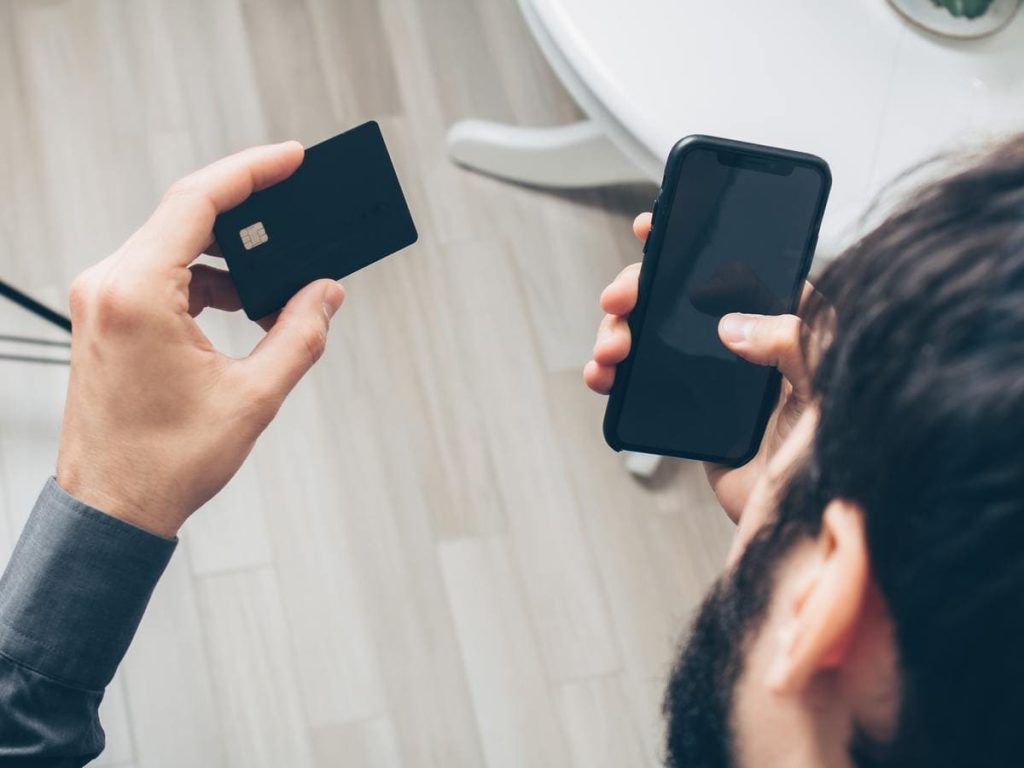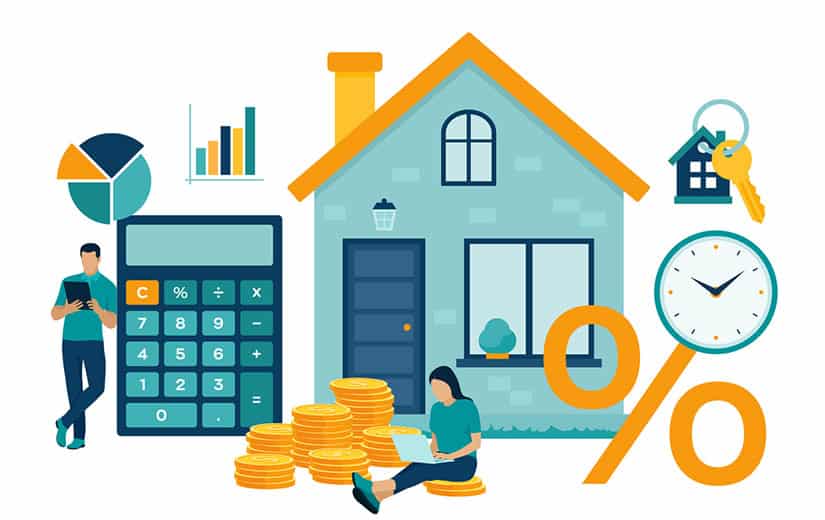Your bank account number remains personal. However, it is not really confidential like that of your bank card. Indeed, it is used to be communicated in order to carry out various transactions such as transfer or one-time or automatic direct debit. But does transmitting your RIB or IBAN represent a risk? If you are afraid of being the victim of a scam or scam, read this article which will guide you on what can be done with a bank account number!
Summary
What is an RIB?
If you are asked for your bank account number to carry out a transaction, you will have to send your RIB. But what is it?
The bank account statement (RIB) is the identity card of your bank account. It contains the information needed to make a transfer or direct debit from your account.
Communicating your bank details is often necessary to facilitate the payment of important bills such as the gas or electricity bill. This means of payment is also used to receive money (payment of social benefits or salaries, for example).
In detail, the document contains the following information:
- surname, first name and address of the holder;
- account domiciliation agency;
- Bank code ;
- branch code;
- account number ;
- bank key;
- 27-character IBAN code corresponding to the international bank account number. It consists of 4 characters then your full account number, i.e. between 14 and 34 characters without spaces;
- BIC code composed of a series of 8 to 11 characters. Also called SWIFT, this code is an international bank identifier.
What can be done with a bank account number or RIB?
The RIB or IBAN allows you to pay your invoices and other purchases by direct debit. And you can also receive money by wire transfer. It contains your 11-digit account number. This is indicated on your check book bank details and on those that you issue to distributors using your credit card.
To receive money, simply communicate your RIB to the person who must pay you. For example, your employer will ask you for a bank statement or IBAN to proceed with the payment of your first salary by transfer. And the same principle works for social benefits. This is a quick and easy way to receive money in your bank account.
Conversely, if you want to send money to another person, you will need their bank account number. To do this, she will have to give you her RIB/IBAN. It can be a member of your entourage (family, friend, etc.) or another person to whom you owe money (a salesperson on a website, for example). This means of payment is easy and quick to carry out online transactions. All you have to do is go to your personal space on your bank’s website.
On the other hand, your bank account number is useful for setting up a one-time or automatic direct debit. For example, when taking out a subscription (Internet, mobile telephony, etc.), you will be asked to send your IBAN code so that the company can set up direct debit. Thus, each month, you will be deducted from a sum without you having to take any action.
Is it risky to communicate your RIB?
As part of an Internet transaction, for example, you may be required to transmit your bank details to a third party. Know that this is a process that does not present any risk. Indeed, the mere possession of a bank identity statement or an IBAN does not allow you to debit your bank account. Moreover, possession of this information does not require a SEPA direct debit authorisation.
In addition, the IBAN number alone does not allow a person or an organization to take money from you. For the direct debit to be effective, you must sign a direct debit mandate in paper or electronic format. By signing the document, you authorize a specific person to charge you a specific sum.
However, it would be wrong to say that there is no possible fraud. Even if it turns out to be extremely rare, it does exist. This then consists of falsifying a TIP (interbank payment order) by entering your own bank details. But rest assured, as a victim of this scam, you have the option of contacting your bank to dispute the debit. You then have thirteen months to do so. The law requires the bank to recredit your account.
How can I not transmit my bank account number?
If you are afraid to share your bank account number with another person, know that there are solutions at your fingertips. During a transaction on the Internet, you can go through online payment services such as Paypal. Thus, you do not give your account number. But, in return for this security, the service charges you a fee.
On the other hand, you can resort to payment by check. However, this process is slower than a transfer. Indeed, you must go to an agency to collect the sum, or send the title by post. This implies additional delays. And a wire transfer also has the advantage of being final, while the bank can reverse your check.
Solutions to avoid fraud
Fraudulent direct debits are possible, even if communicating your bank details is a common procedure. To avoid abusive transactions, it is therefore advisable not to communicate your bank account details to anyone (person or organization). Never set up a direct debit if the establishment seems dubious to you.
Moreover, in case of doubt, contact your bank without delay. And if necessary, set up an opposition on a future direct debit.
Finally, even if the risks are not checks only with a check or a bank card, it is better not to leave your bank details lying around anywhere. Keep the document safe in your personal belongings!




